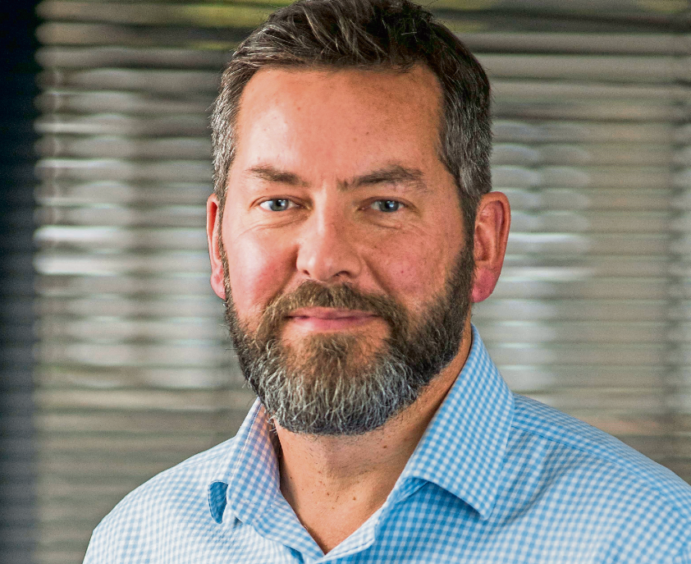
Energy transformation is no longer a futuristic concept – it is happening now.
Although oil and gas resources remain accountable for 75% of the UK’s primary energy supply, the political and technological climates are pushing for rapid, efficient growth in renewable energies.
In all forward demand forecasts, oil and gas will be important well past 2050 so the likelihood is that it will remain a key component of moving to a lower carbon economy.
Indeed, in a recent article by Andrew Latham from Wood Mackenzie it was stated that there may be a significant shortfall in oil and gas supply during the transition to decarbonise the economy that will need to be met by exploration and the discovery of fresh resources.
FWB Park Brown, in partnership with Apollo, recently hosted the latest in a series of successful Thought Leadership events, with discussion centred on the theme of “Decarbonising a Carbon Industry”.
As well as hearing from Colette Cohen of the Oil and Gas Technology Centre and Gordon Ballard of the International Association of Oil and Gas Producers, attendees discussed the critical importance of the oil and gas industry maintaining a positive and influential voice in the transitional discussion to enable a low carbon future.
Given the differing opinions strongly expressed in the discussion, it is evident that this is a dramatic development for the industry to consider and that not everyone is ready to board the decarbonising bus.
Industry leaders will be at the forefront of this transformation to deliver hydrocarbons with the lowest carbon footprint.
These leaders must motivate their organisations to adopt new technologies to support decarbonisation even when it challenges many of their traditional behaviours, motivations and practices honed over long careers in the sector.
Leaders must convince their organisations that this is a key element of their strategy and promote the intellectual stimulation and creative opportunities associated with evolving the traditional methods of extracting oil and gas.
The industry must seek and attract a more diverse pool of people to work in the industry that possess new skills to drive greater digitalisation supporting further automation and remote activities.
The impact of this will be optimised when coupled effectively with the industry’s existing knowledge and experience.
Leaders will be required to be decisive and make difficult decisions as organisational structures change and adapt to accommodate new methods, technologies and skill-sets in the belief that change will secure the future of their organisations.
The reality is that given the political and social pressures on the traditional oil and gas sector, the industry has little choice but to step up to the challenge of decarbonising a carbon industry so that it retains control over its own destiny to continue making a substantial contribution to the UK energy blend.
Stuart Cochrane is a director at FWB Park Brown
